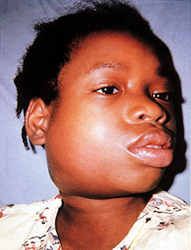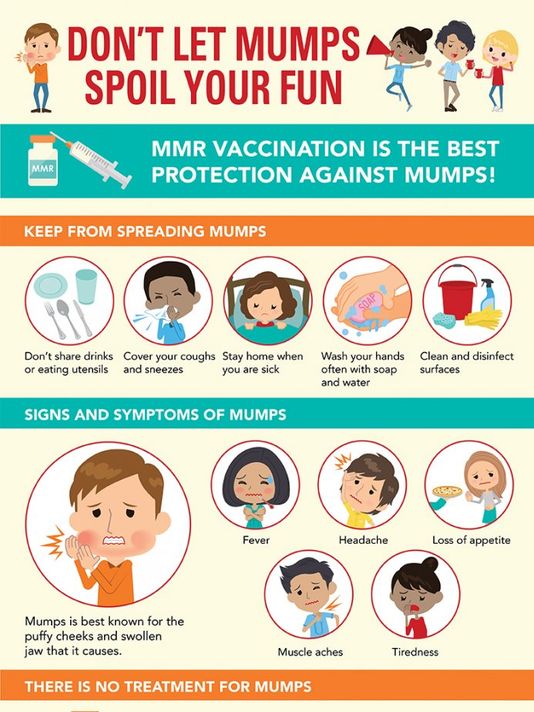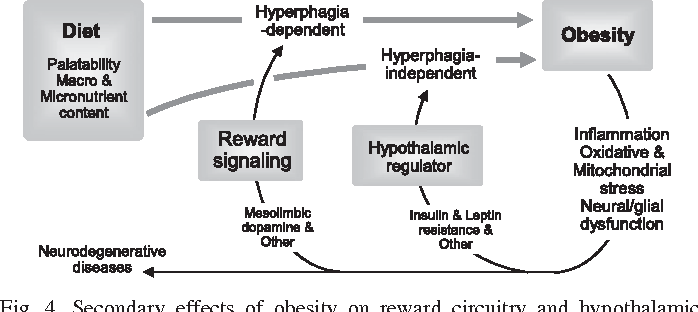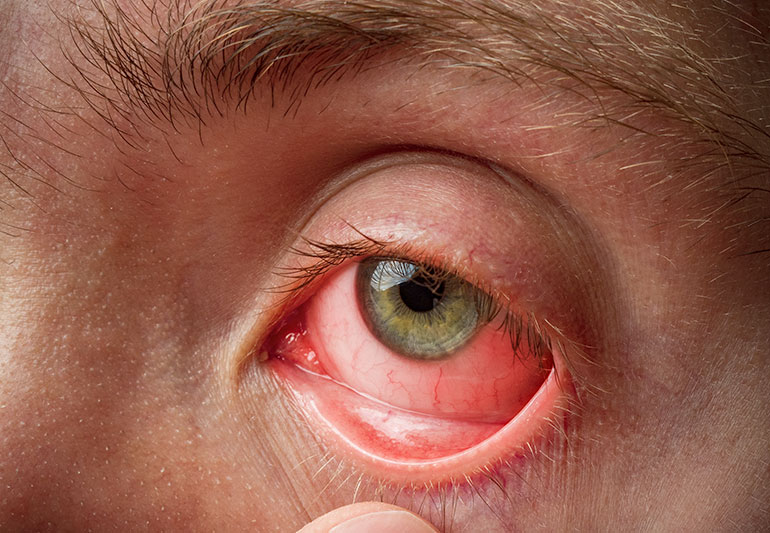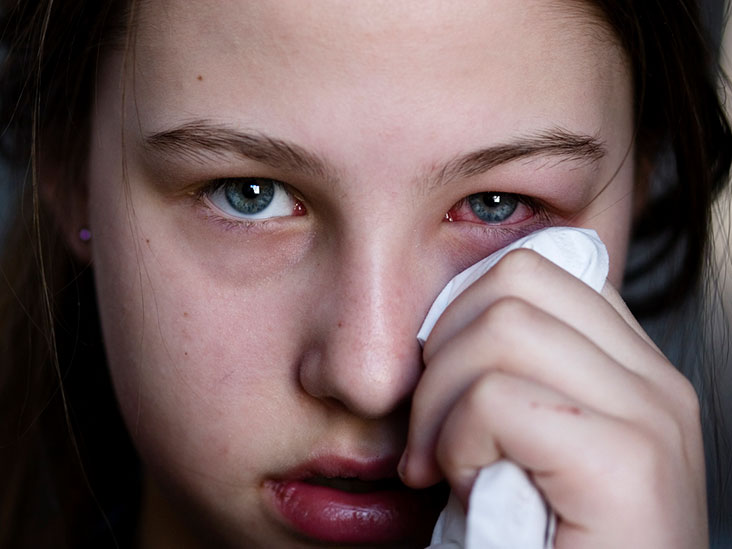Sore Throat Causes And How To Treat Them
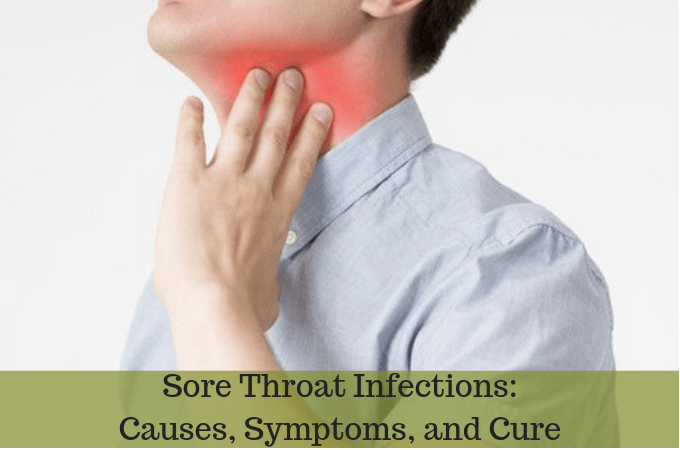
Sore throats can be caused by many factors, but in most cases they're a simple result of a combination of things
Some of the most common causes of sore throats include allergies and virus attacks.
It is always important to find out if you are allergic to anything when you feel a sore throat approaching. Most cases are easily treatable with medications or over-the-counter drugs, so there is usually no need to seek treatment for a sore throat caused by food allergies. However, you should seek immediate medical attention, especially if you have a family history of allergies or asthma.
Cold and flu viral outbreaks are also one of the main causes of sore throat. A common symptom of a cold or fever is a sore throat, especially for several days. Sometimes people get a runny nose when they sense an impending flare-up. If you've never experienced flare-ups like this before, you may not be familiar with the accompanying symptoms.
If you have a sore throat or asthma in your family, it is recommended that you see your doctor immediately. These diseases can lead to severe cases of sore throat. Although you may have been exposed to the allergen, you may not yet have any symptoms.
People who are allergic to food can also develop sore throat. Typical symptoms include fever, headache, and runny nose. Although these types of allergies are rare, you should see your doctor if you think you may be allergic to food.
You can prevent sore throat worsening by knowing some facts about your body. For example, if you are sick, you should avoid spicy foods and dairy products. The reason is simple: Spicy foods can increase inflammation and increase the amount of mucus in your mouth. This mucus, which will thicken over time, will block the airways and make breathing difficult.
You should also avoid dairy products. Because they contain lactose, a sugar found in milk, they can cause a spike in blood cortisol levels. Cortisol is a stress hormone that can cause the production of mucus, which makes it difficult for your body to breathe.
So, now you know what sore throats are caused by and how you can treat them. But you also need to know that if you do experience a sore throat at anytime in your life, or if you do have a chronic allergy, you should visit your doctor immediately. So that you can get the best possible treatment.
Symptoms of a cold or flu can often go unnoticed. If they do, you should always check up with your doctor so that you can avoid having an outbreak.
So, now you know what causes a sore throat and how to treat them. But there are some other factors that you'll want to keep in mind as well. In order to help you avoid them as well.
It's very important that you keep your mouth clean by flossing daily and brushing your teeth on a regular basis. That way, you can prevent the build up of plaque and bacteria in your mouth. that can lead to bad breath. Bad breath is a common symptom of gum disease. That's why brushing your teeth and flossing your gums at least twice a day are so important.
Other sore throat causes include poor oral hygiene, such as not brushing your tongue properly or not brushing or flossing after meals. So, it's also important to brush after every meal as well. Poor oral hygiene can lead to bacteria building up in your mouth and throat. If you have a cold, you need to keep the flu shot regularly.
